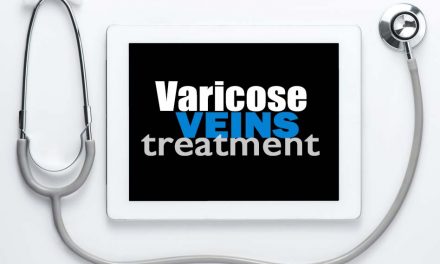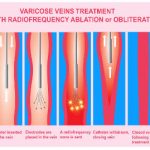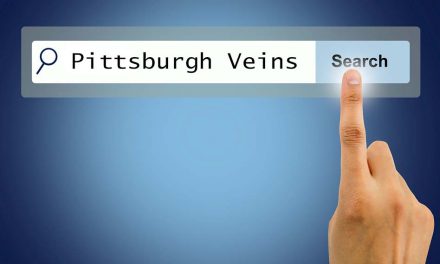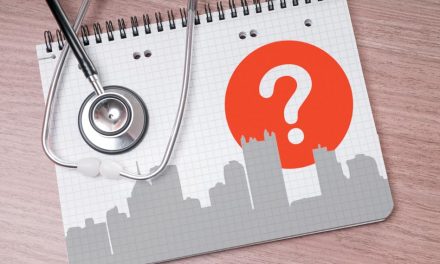
The Difference Between Varicose and Spider Veins by a Vein Doctor
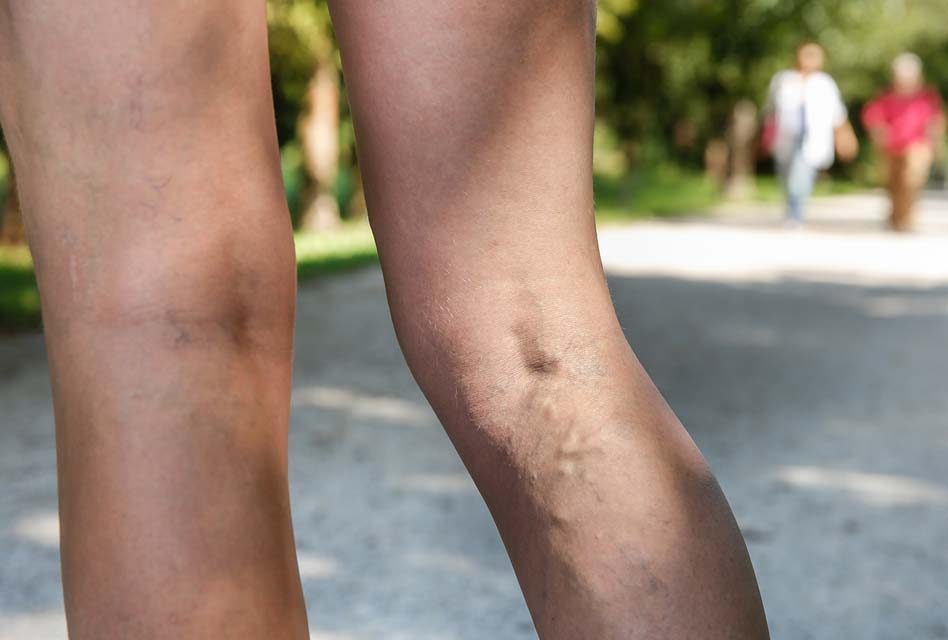
Varicose and Spider Veins – What’s the difference?
If your veins predate Al Gore inventing the internet, it’s definitely time to consider having them treated. But first of all, you need to know the difference between varicose and spider veins.
Insurance usually covers varicose veins. Spider veins are considered cosmetic and are not covered.
Veins can be divided into two kinds based on their size and medical importance.
It follows that the type of treatment depends on what kind of veins you have.
Many people assume that they will receive the same type of vein treatment that their friend or relative had. There are many different varicose vein surgery options.
Sometimes a series of different kinds of vein treatments are necessary.
It all depends how big and how extensive your veins are.
When asked, most people cannot differentiate a spider vein from a varicose vein. Spider and varicose veins can coexist or appear separately.
After reading this article:
- You will be able to know the correct name for your abnormal veins.
- You will also be able to know the significance of your spider or varicose veins.
- You will also know whether insurance companies are likely to cover the treatment of your veins.
In Simple Terms, Exactly What Are Varicose Veins?
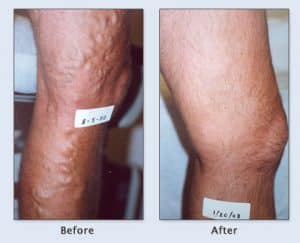
Blood clots can form inside these big veins. That is called superficial thrombophlebitis.
Pressure in the lower legs and ankles can also cause sores and ulcers.
Because these are medical issues, insurance companies often get involved with covering the treatment of these big veins.
As time passes, if left untreated, your varicose veins will enlarge and cause more symptoms.
What are Spider Veins in Simple Terms?
Spider veins are the tiny ones on the surface of your skin.
They look like someone drew them on your skin with a pen. They can be purple, red or blue.
In Great Britain, spider veins are called thread veins. That description term is helpful to differentiate them from varicose veins.
Spider veins don’t normally hurt or ache. The only medical problem that can result from spider veins is that they can rarely bleed.
The main problem that most people have with spider veins is that they are simply unsightly. People tell me that they think that these small veins are just plain ugly.
Why Does Any of This Matter?
Insurance companies usually cover varicose vein surgery because of the medical implications.
Unless they have bled, spider veins are considered cosmetic and are not covered.
Both varicose and spider veins often occur again after treatment if you live long enough. Spider veins usually recur at a faster rate.
Myth busters could make a whole season on exaggerated claims by some vein treatment centers about insurance company coverage for abnormal veins.
The advertisement by one vein franchise that 95% of veins are covered is disingenuous and untrue. What is the true mission of varicose vein doctors who become entrepreneurs?
It is important for you to know which type of vein that you have.
Conclusion
Now that you have finished this article, you can determine if your insurance company is likely to cover your veins.
Varicose and spider veins in your legs are not normal.
They will not go away if you try to ignore them.
If you neglect your abnormal veins, they will slowly get worse. They will be more difficult and more painful to treat.
Seek out a reputable, qualified and experienced vascular surgeon with over thirty years of personal experience to treat your abnormal veins.
Doctors trained in other fields like emergency room medicine, family practice, cardiology and radiology are not venous experts.
- Doctors come to see me for the treatment of their veins.
- Nurses come to see me who work at other vein centers in town!
- Hospital radiology technicians come to see me to have their veins treated.
- Other people in the medical field who are “in the know”come to me because of my experience and training.
On the job training doesn’t cut it.
The trend is that in the future, insurance companies will continue to pay less and you will pay more for the treatment of your varicose veins.
Call us at 724-987-3220 to learn more or contact us here.


